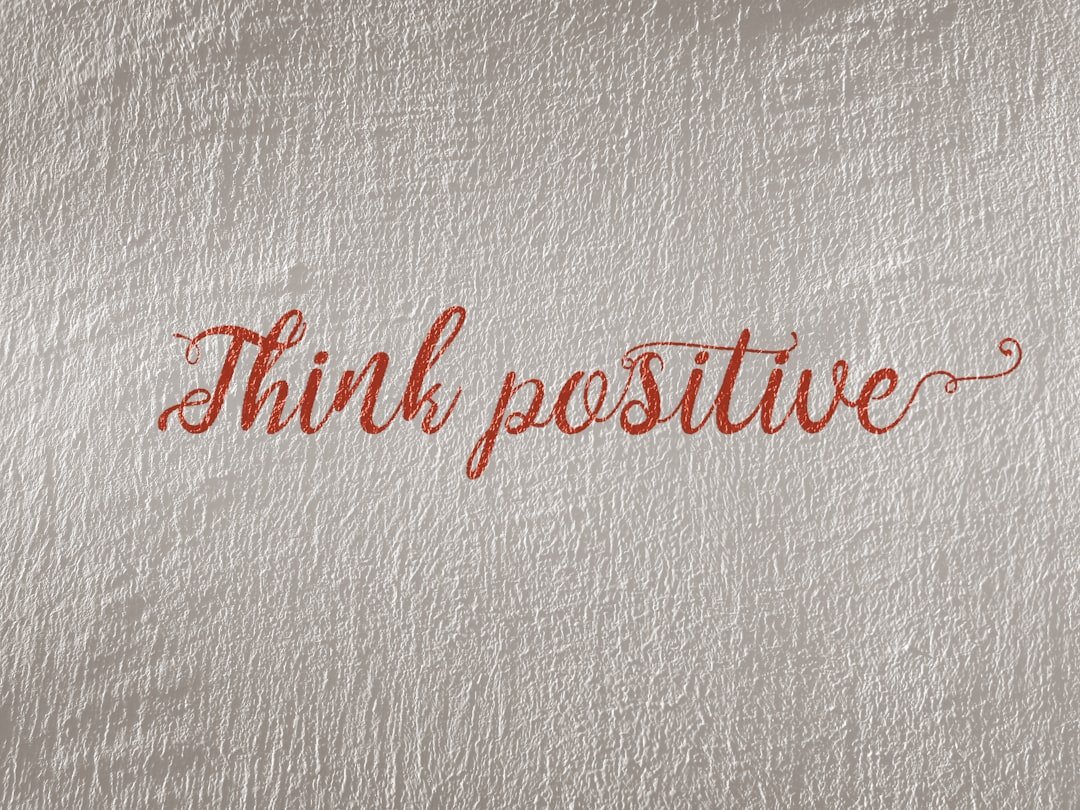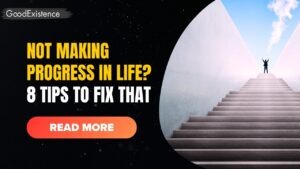I used to be a professional problem-dweller.

Seriously. Life felt like a constant stream of challenges I couldn't solve, and I was stuck in a cycle of bad habits to cope—gaming, overeating, and just wasting time. I’d focus so much on how big the problem was that I felt paralyzed, unable to even start fixing it. It was a heavy way to live.
But over time, something shifted. It wasn't magic. It was a conscious decision to stop staring at the wall in front of me and start looking for the bricks I could lay to build a way over it. This shift from a problem-focused mindset to a solution-oriented one changed everything. It’s how I eventually lost over 110 pounds and built a life that feels purposeful and strong.
If you feel stuck right now, I get it. I’ve been there. But I promise you, you have the power to change your approach. Here are 12 ways that helped me develop a solution-oriented attitude.
Acknowledge the Problem, Don't Live in It
The first step is to be honest. You can’t solve a problem you refuse to see. So, look at it. Acknowledge it’s there. Say it out loud if you have to. "I am unhappy with my health." "This project at work is a mess." "This relationship is struggling."
But here’s the key: give yourself a time limit for how long you get to feel bad about it. Five minutes? An hour? Fine. But once that time is up, you shift your energy from dwelling on the problem to looking for a solution. Don’t set up camp in the land of what’s wrong.
Ask "What's One Small Thing I Can Do?"
Big problems are overwhelming. "I need to lose 100 pounds" is terrifying. "I will drink a glass of water instead of soda today" is doable. "I need to clean the entire house" leads to procrastination. "I will clear off the kitchen counter" leads to action.
Break the problem down into the smallest possible step. A solution-oriented mind doesn't try to leap across the canyon in a single bound. It looks for the very next stone to step on.
Focus on What You Can Control
So much of our anxiety comes from trying to manage things that are completely out of our hands. You can't control the economy, the weather, or what other people think of you. Fretting about those things is a waste of precious energy.
Instead, draw a mental circle around yourself. Inside that circle is everything you can control: your attitude, your actions, your responses, what you eat, whether you move your body. Pour all your energy into that circle. It’s the only place where you can create real change.
Reframe Problems as Puzzles
The word "problem" sounds heavy and negative. It feels like a burden. Let’s try a different word: "puzzle." A puzzle is a challenge. It’s something to be figured out. It engages your mind in a creative, curious way instead of a worried, anxious one.
When you see a difficult situation as a puzzle, you’re more likely to stay calm and look for pieces that fit together. It’s a simple mental switch but it can completely change your emotional response.
Look for the Lesson
Every challenge, every failure, and every hardship carries a lesson with it. A solution-focused person asks, "What is this trying to teach me?" Maybe a failed project teaches you about better planning. A difficult conversation teaches you about clear communication. A health scare teaches you to value your body. When you look for the lesson, the struggle gains meaning. It’s no longer just a random, painful event. It’s part of your growth.
Celebrate Small Wins
This was a game-changer for me. When I set out to lose over 110 pounds, the final goal felt impossible. I couldn’t even imagine it. But you know what I could imagine? Losing five pounds. And when I did, I celebrated it. That small win gave me the proof I needed that I was on the right track. It built momentum.
Don't wait until you cross the final finish line to be proud of yourself. Celebrate the tiny victories along the way. Finished one chapter of a book? Great job. Chose a healthy meal? That’s a win. Every small win is a signal to your brain that you’re making progress, which fuels you to keep going.
Practice Daily Gratitude
When you're focused on problems, your world shrinks to what’s missing and what’s wrong. Gratitude does the exact opposite. It expands your world to include everything that’s right.
Each day, I make it a point to thank God for a few specific things—my family, a warm cup of coffee, the ability to walk, a moment of peace. This simple practice shifts my focus from scarcity to abundance. It’s hard to feel defeated when your heart is full of thanks for what you already have.
Seek Wise Counsel
You don't have to solve everything alone. In fact, you shouldn't. Talk to people you trust—a good friend, a family member, a pastor, or a mentor. Sometimes just explaining the problem to someone else helps you see it more clearly. They can offer a fresh perspective you hadn't considered or simply remind you that you're not the only one who has ever faced something difficult.
Serve Someone Else
When you feel completely bogged down by your own issues, one of the most powerful things you can do is help someone else with theirs. Go out of your way to serve another person. It could be as simple as listening to a friend who is struggling or helping a neighbor with a chore. Serving others gets you out of your own head. It reminds you that you have strength and value to offer, and it puts your own problems into perspective.
Embrace Imperfection
Perfectionism is the enemy of progress. Many people never start because they're waiting for the "perfect" plan or the "perfect" time. A solution-oriented person knows that a good plan executed today is far better than a perfect plan that never happens. Be willing to be a little messy. Be willing to make mistakes. The first draft of a solution is rarely the final one. Just get started. You can adjust and improve as you go.
Strengthen Your Foundation
For me, this foundation is my Christian faith. Knowing that my life has a purpose given by God changes how I see everything. When I face a challenge that feels too big for me, I’m not alone. I can turn to prayer for strength, guidance, and peace. My faith is the anchor that holds me steady when the storms of life hit. It reminds me that my problems are temporary, but God's love and purpose are eternal. Find your anchor—whatever gives you strength and perspective beyond the immediate issue.
Rest and Recharge
You cannot pour from an empty cup. Trying to solve problems when you are exhausted, hungry, or burned out is like trying to drive a car with no gas. It won’t work. Building a solution-oriented mindset requires energy. This means prioritizing sleep, eating nourishing food, and taking time for true rest. This isn’t lazy; it’s strategic. A well-rested mind is a creative and resilient mind.
Changing your mindset isn't an overnight fix. It's a daily practice. It's about choosing, again and again, to look for a way forward. You have it in you to become a person who doesn't just see problems, but architects solutions.
So let me ask you: What's one small puzzle in your life right now? And what’s one tiny, imperfect step you can take today to start solving it?





